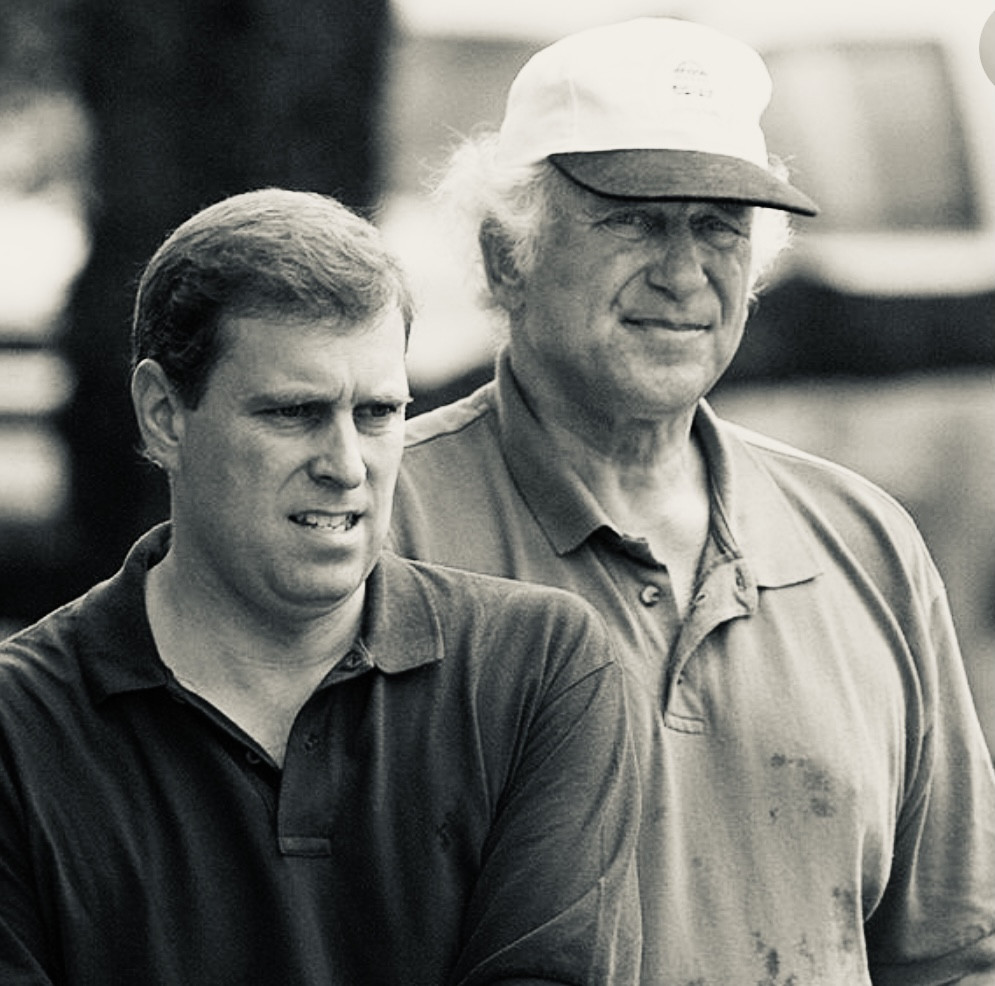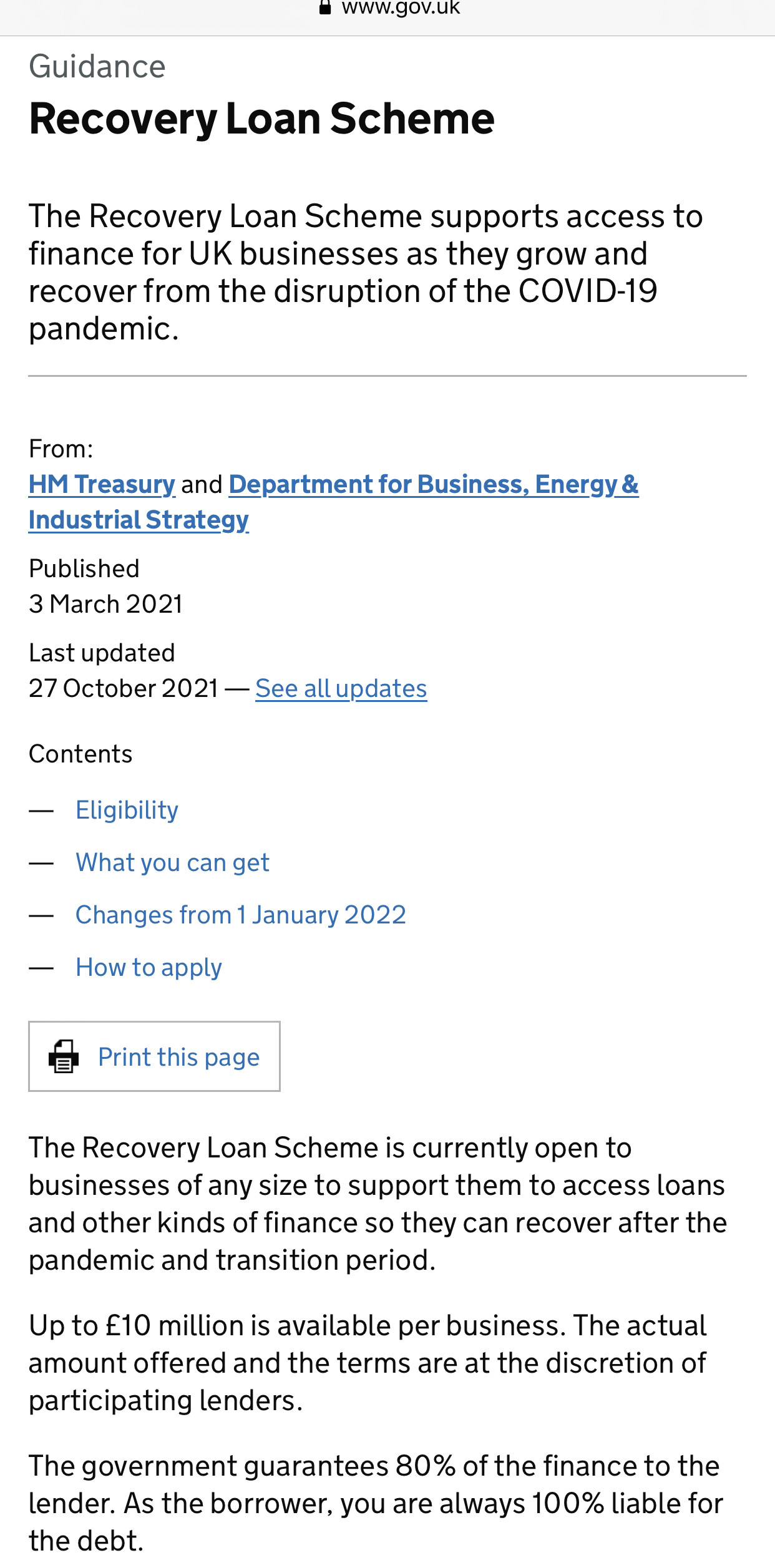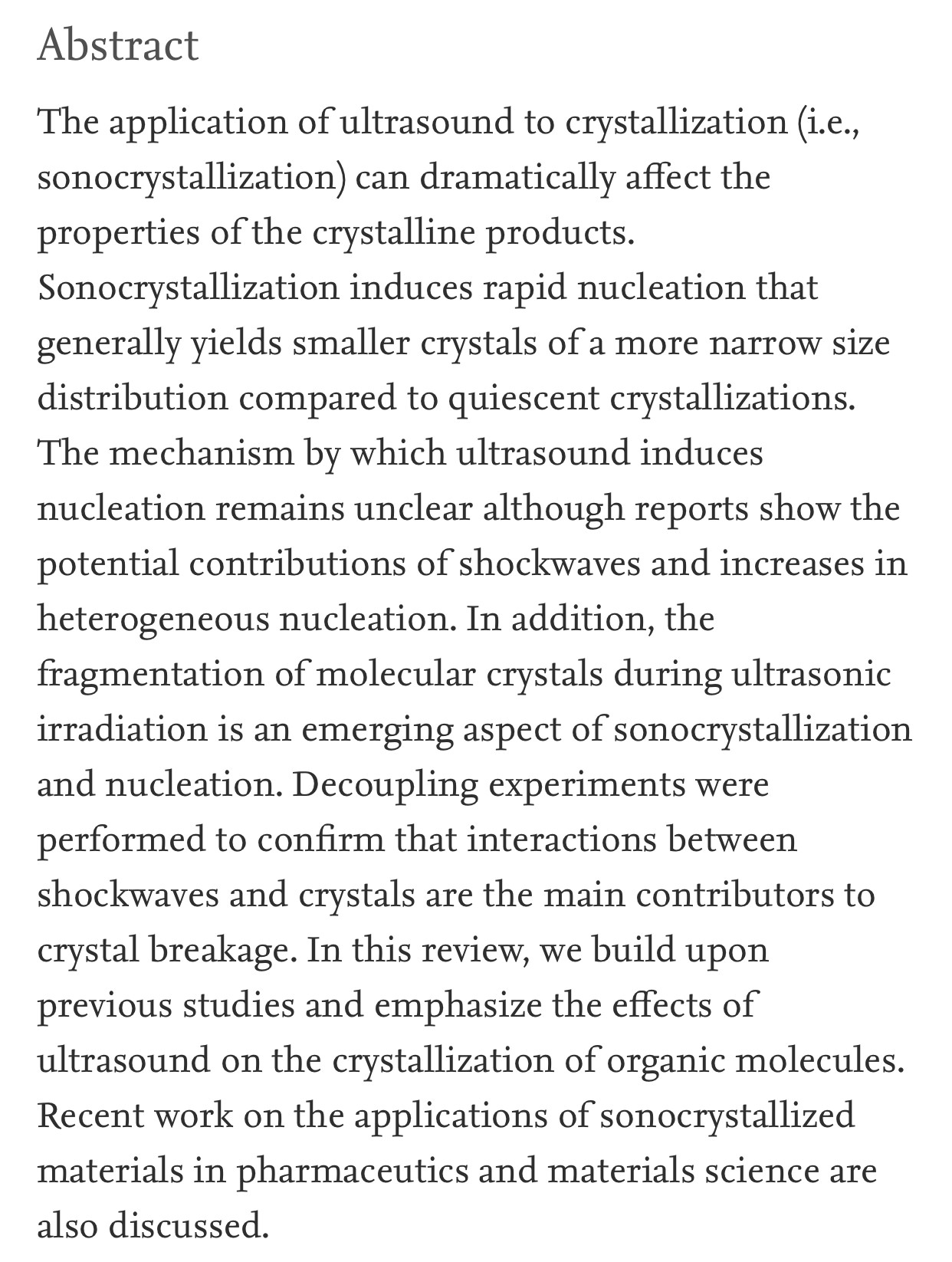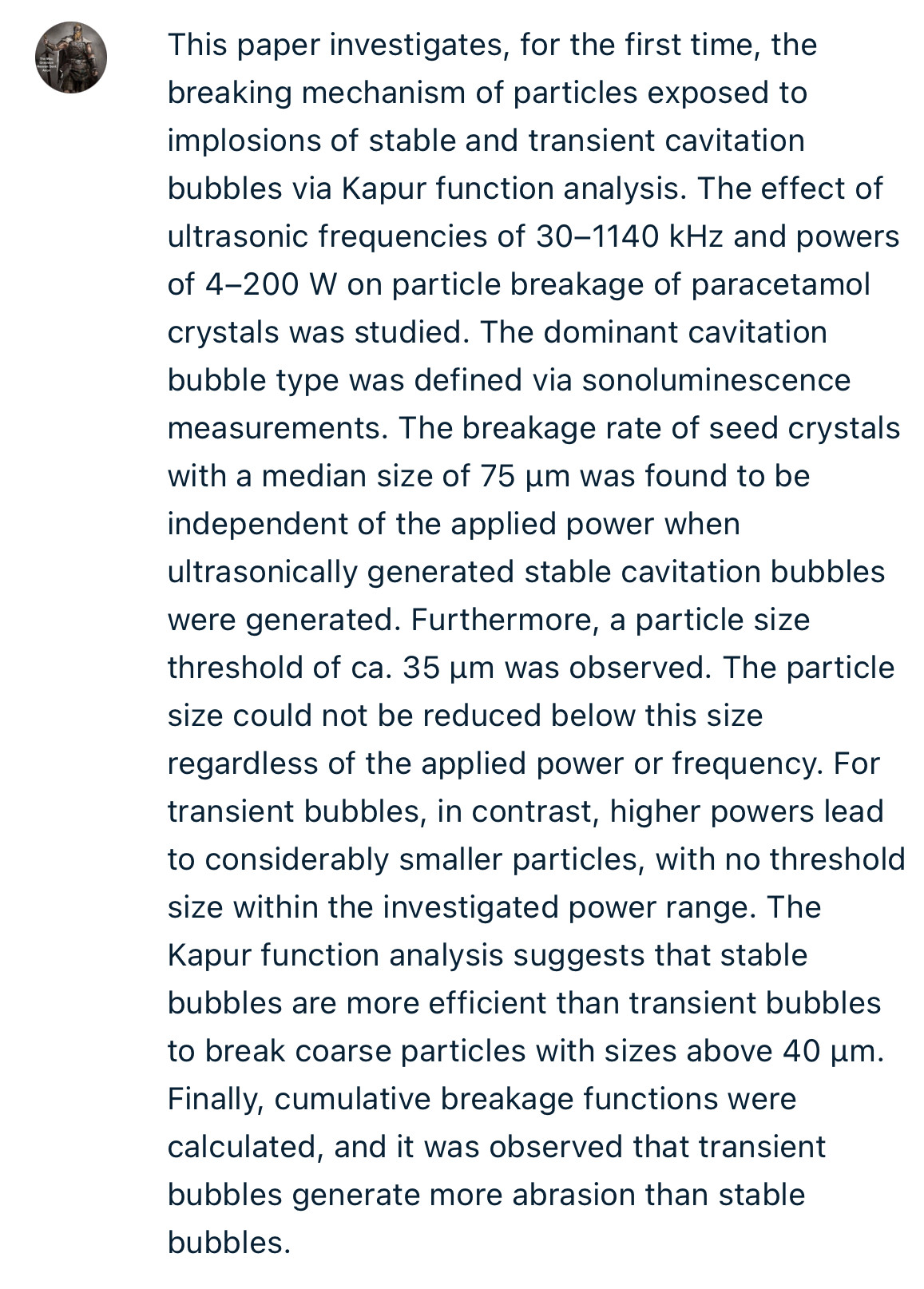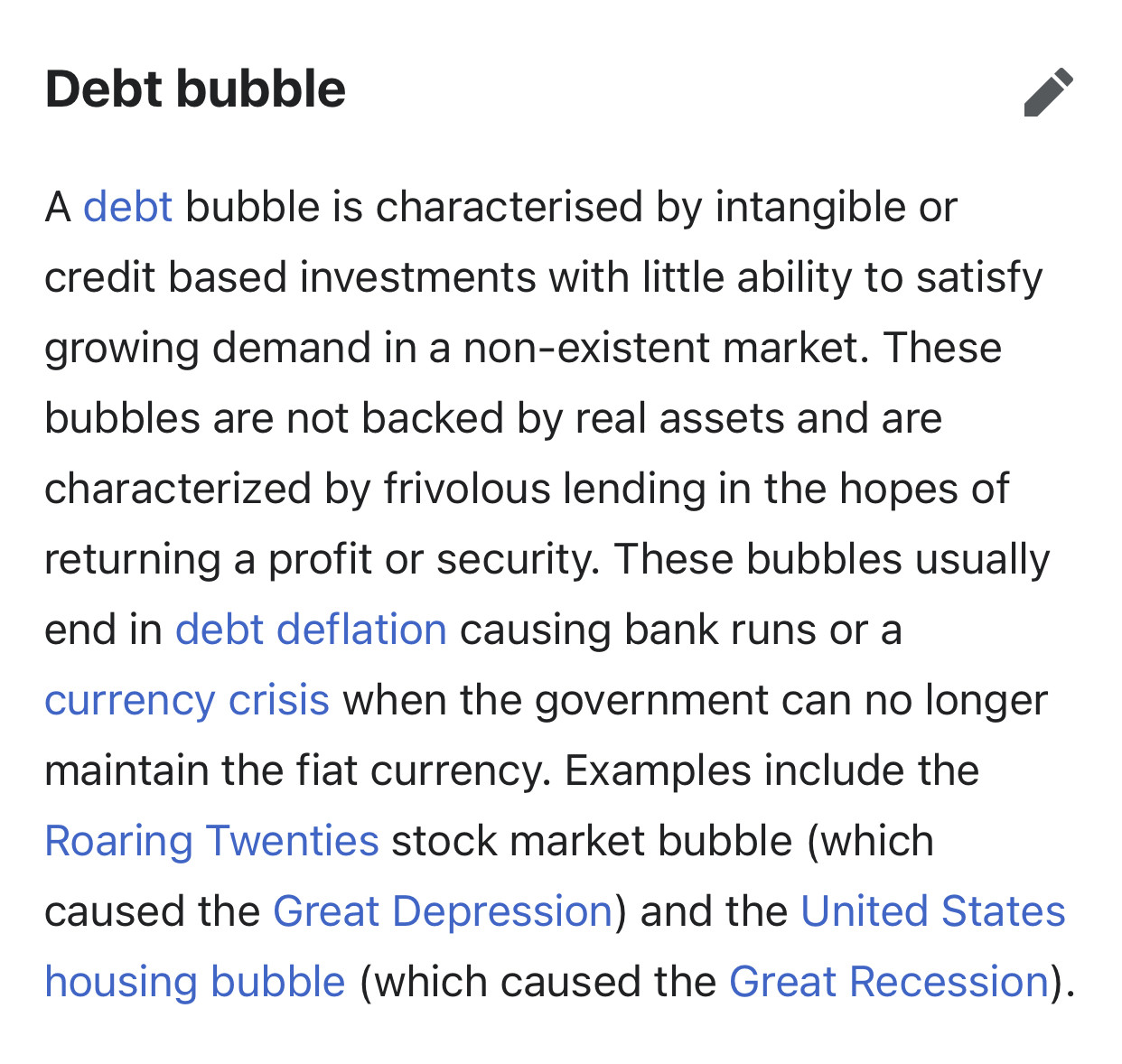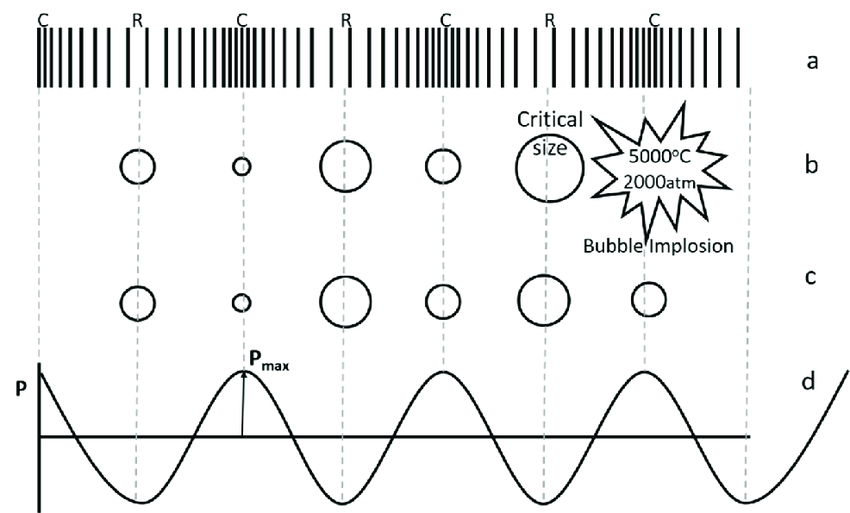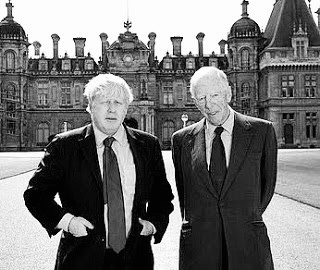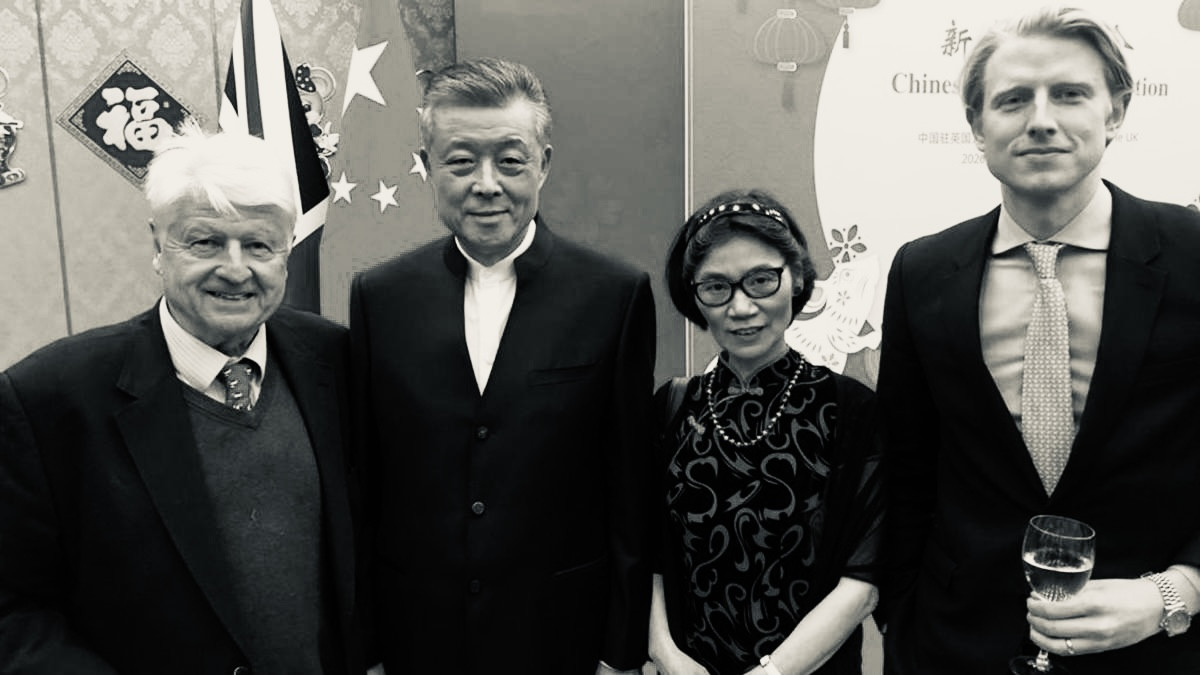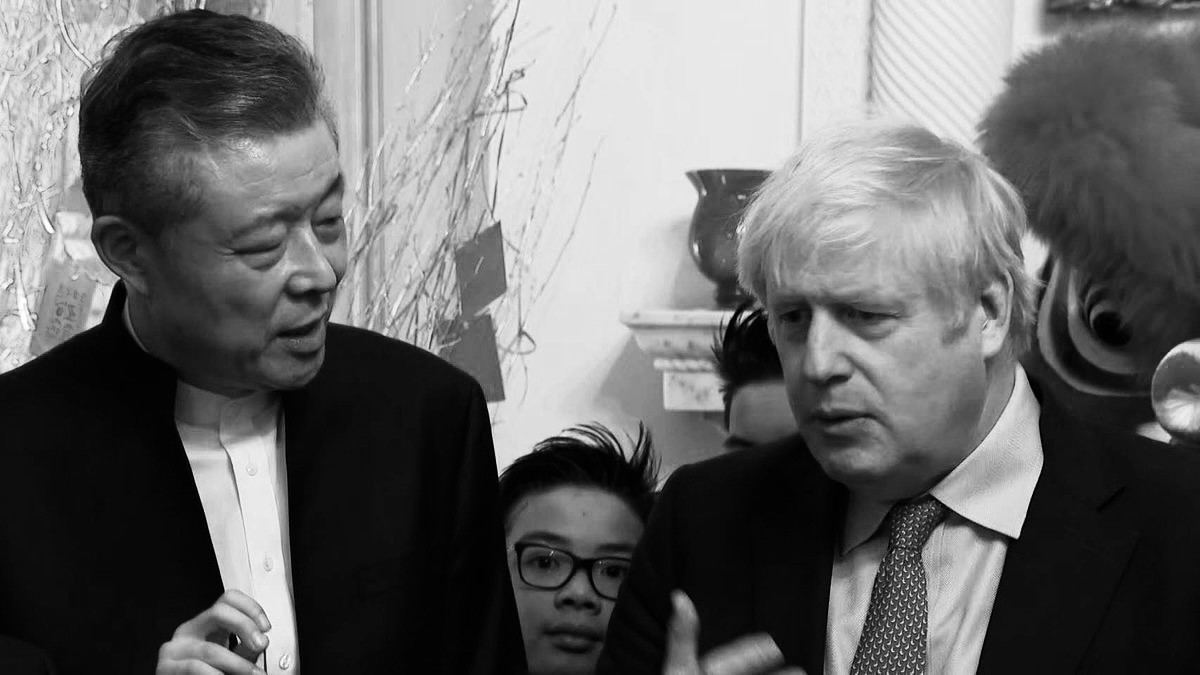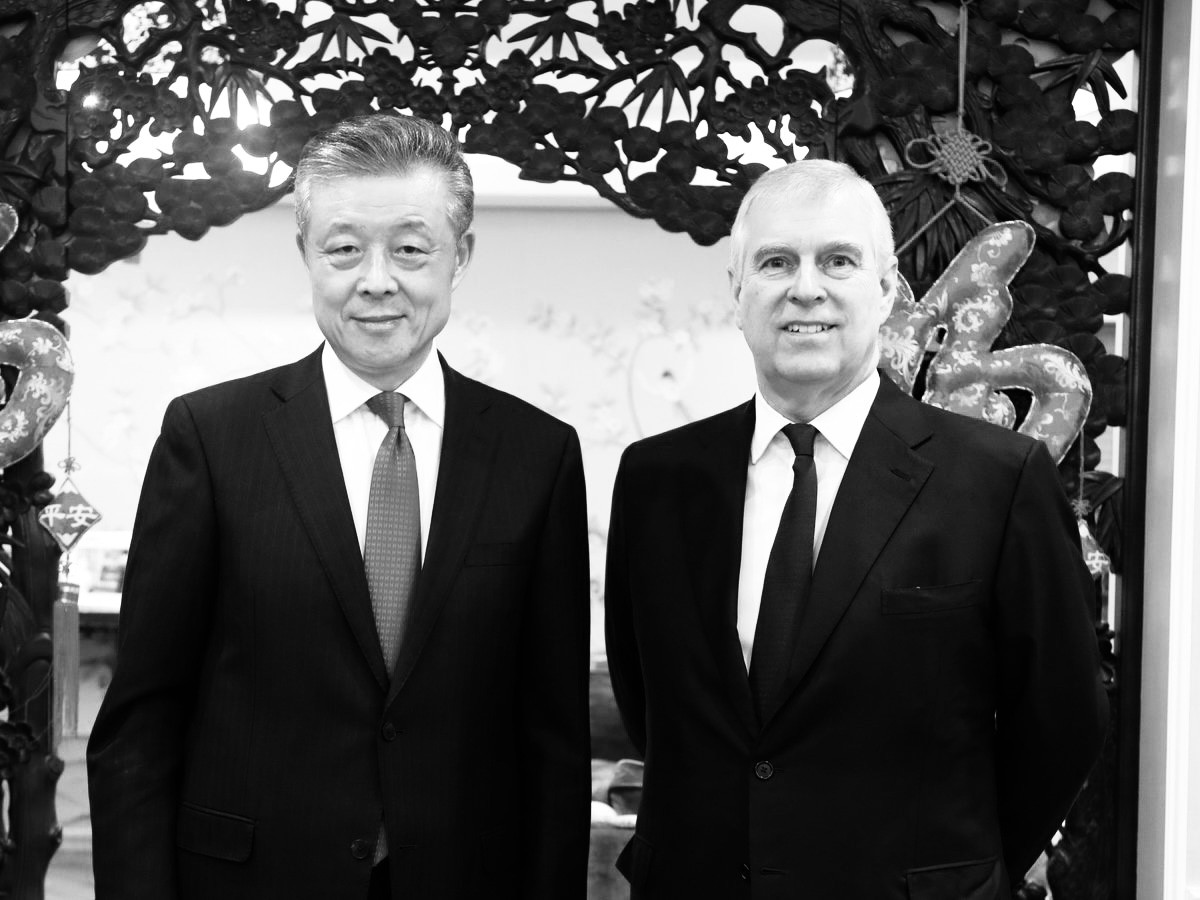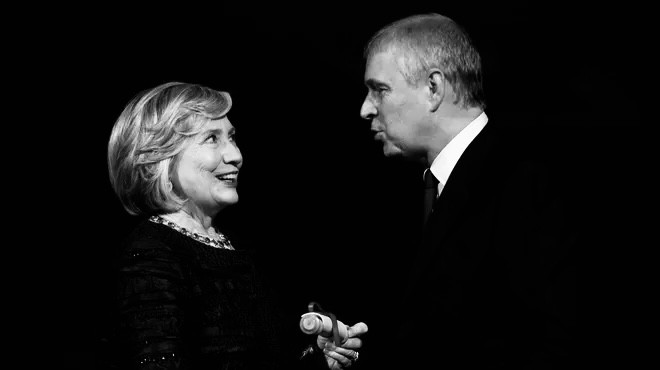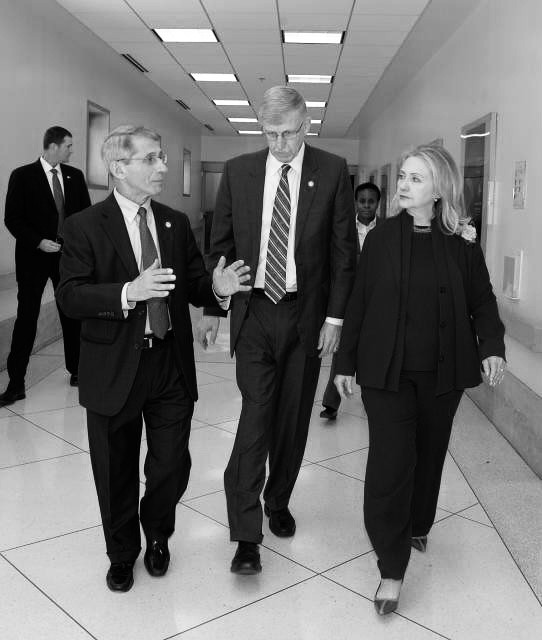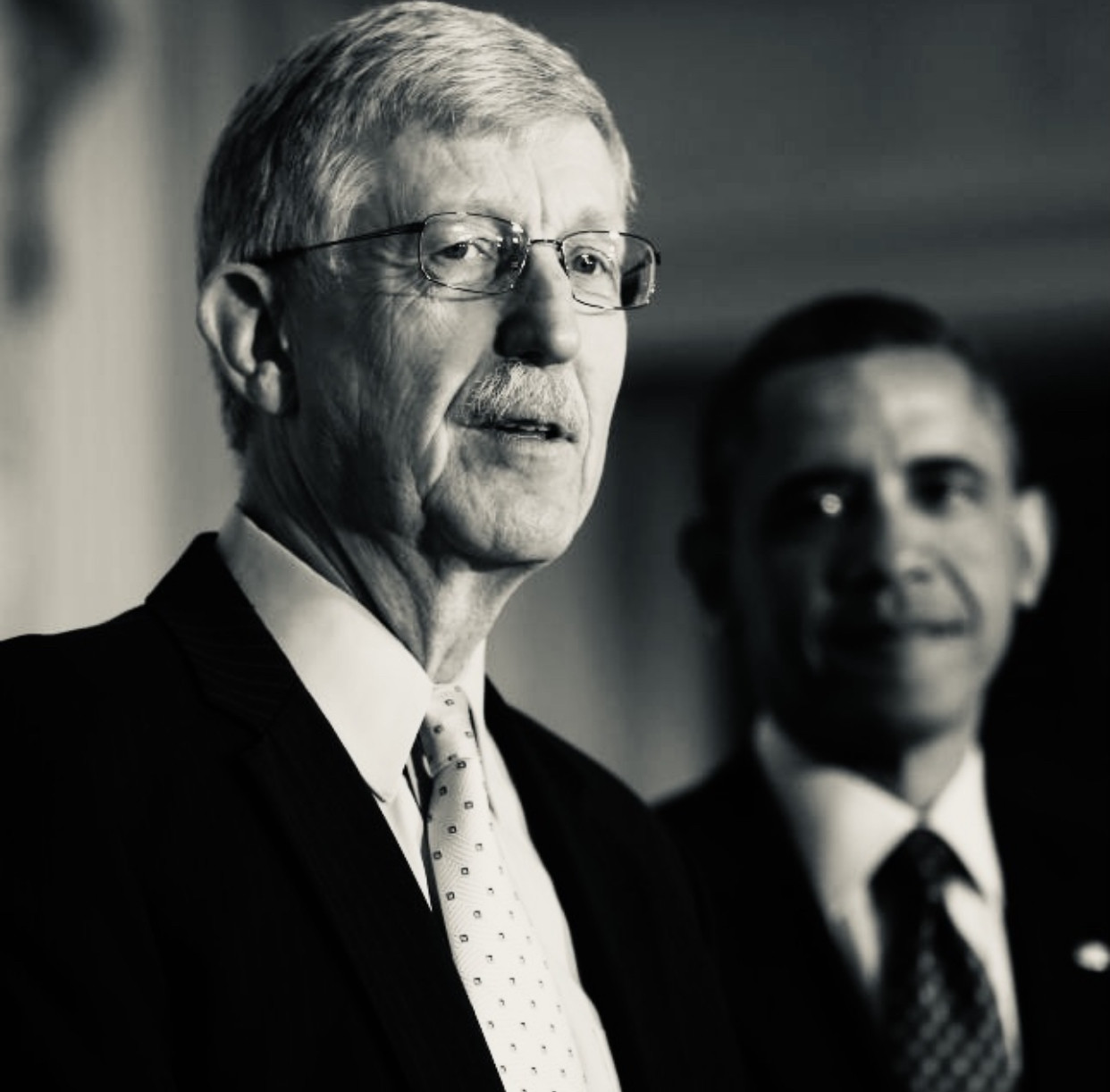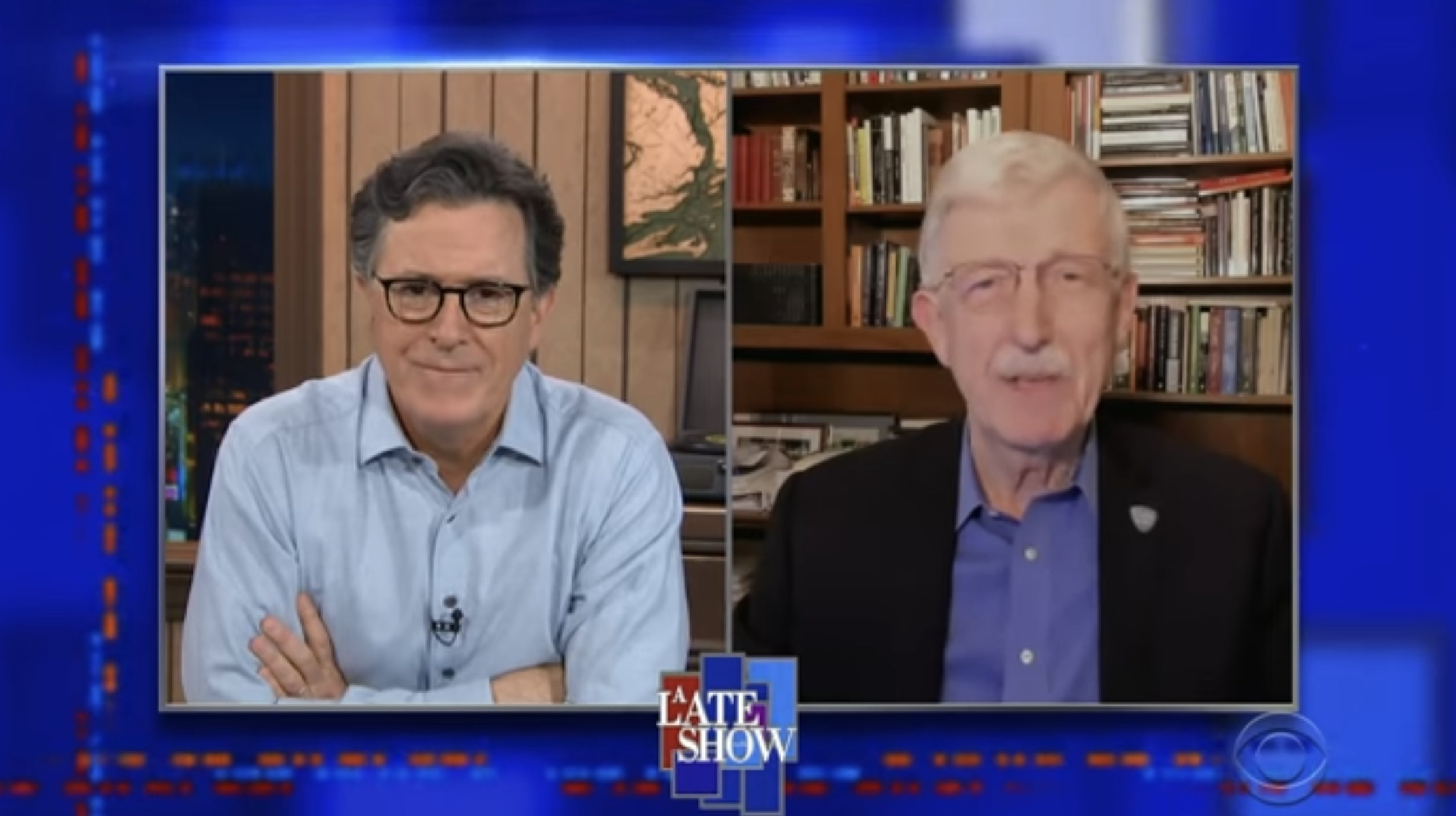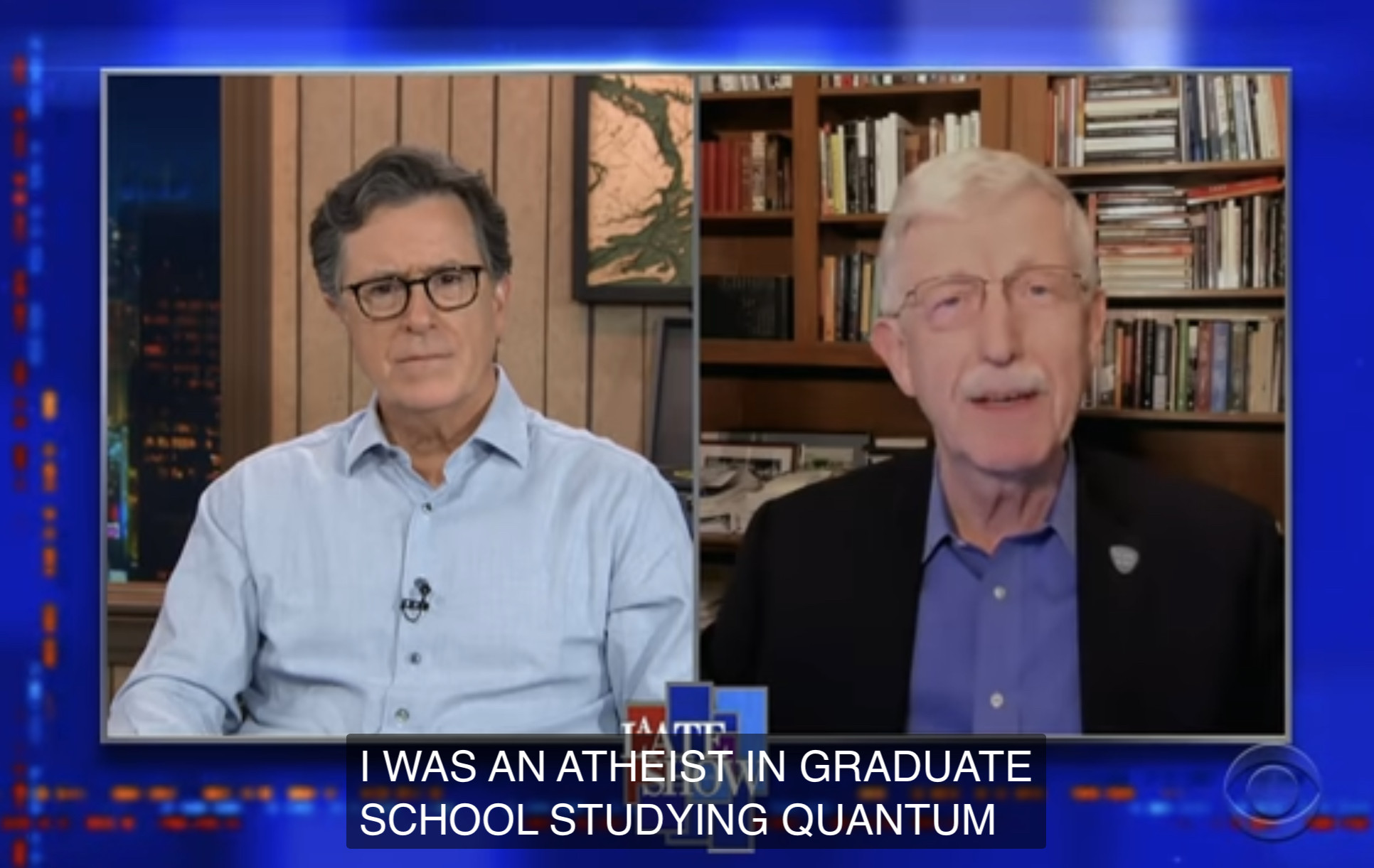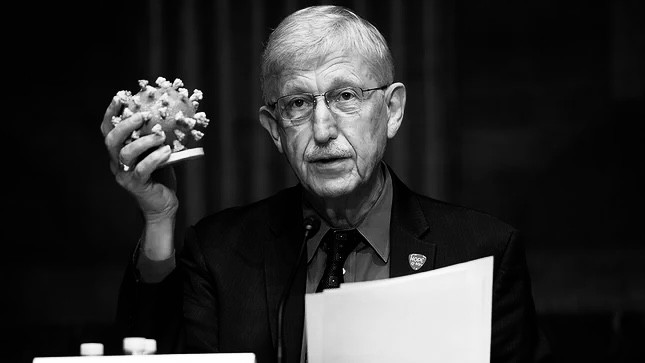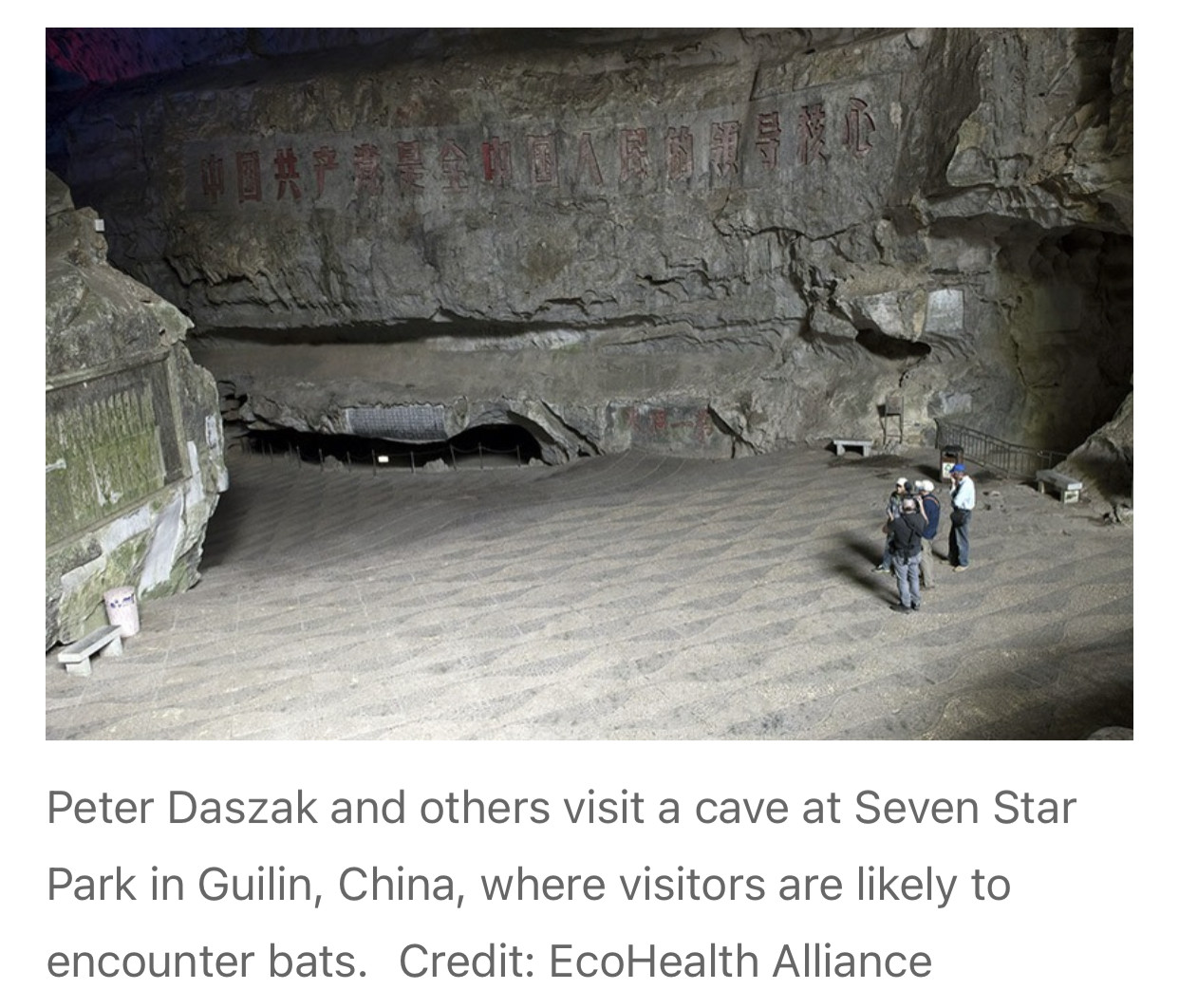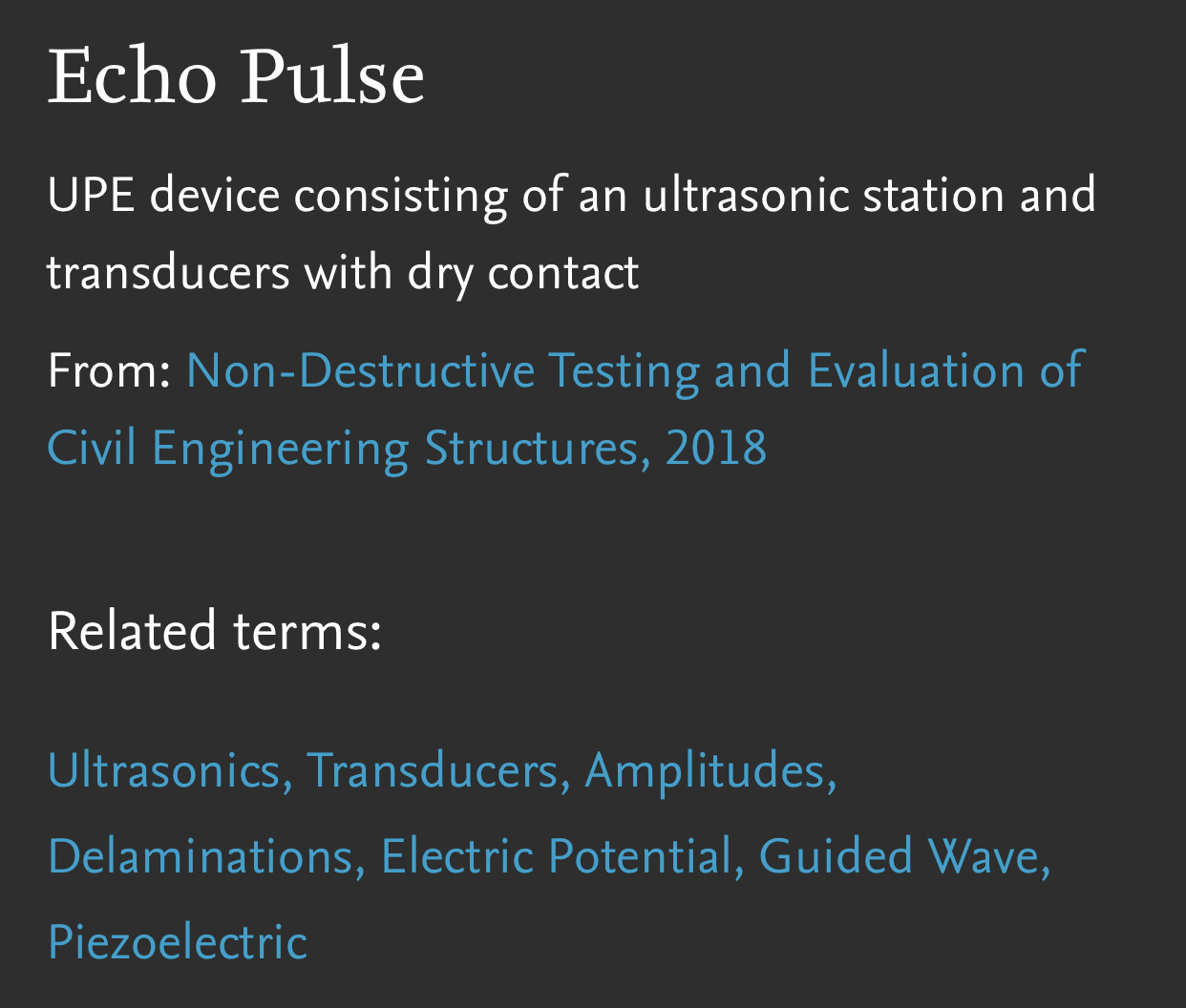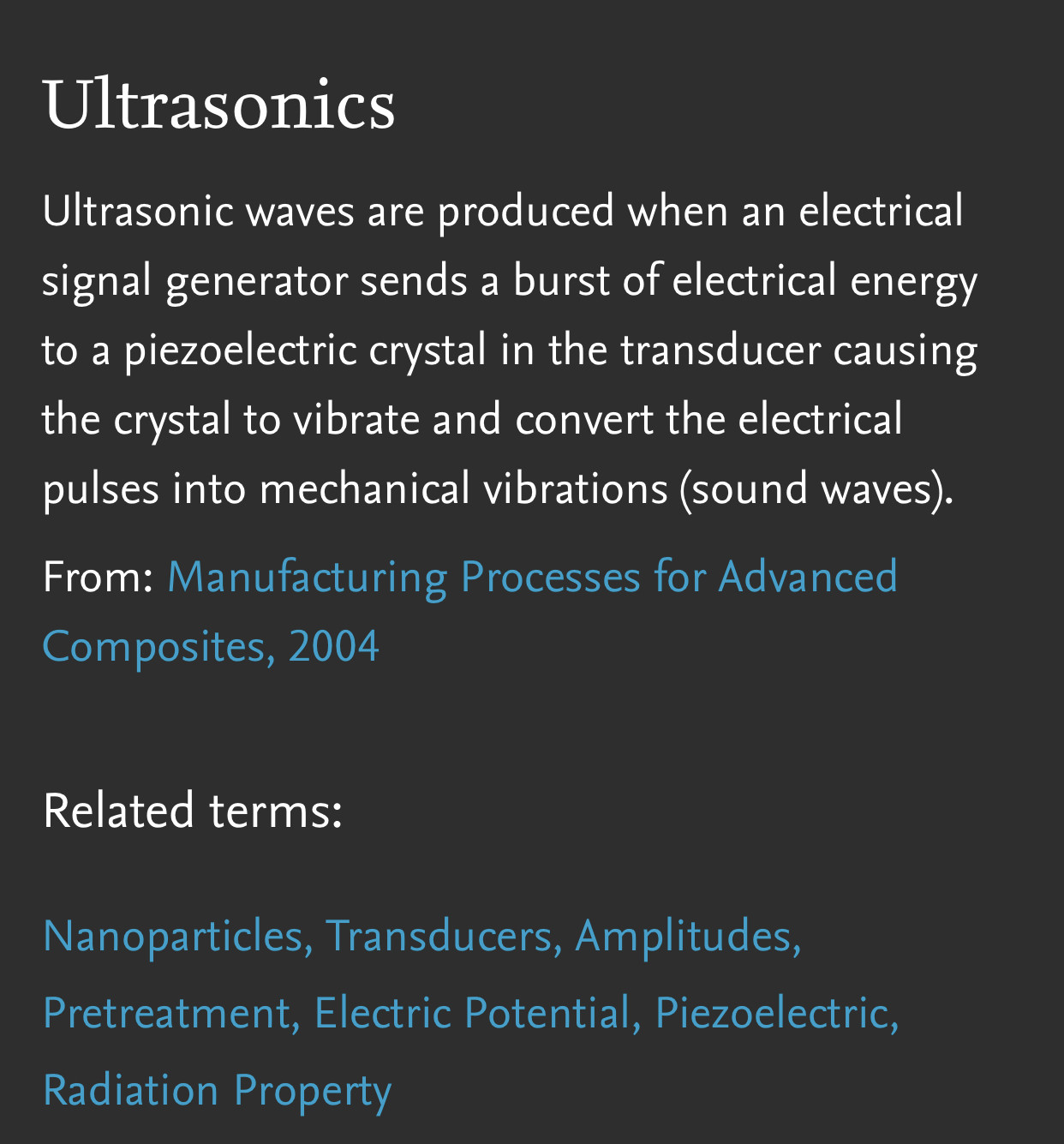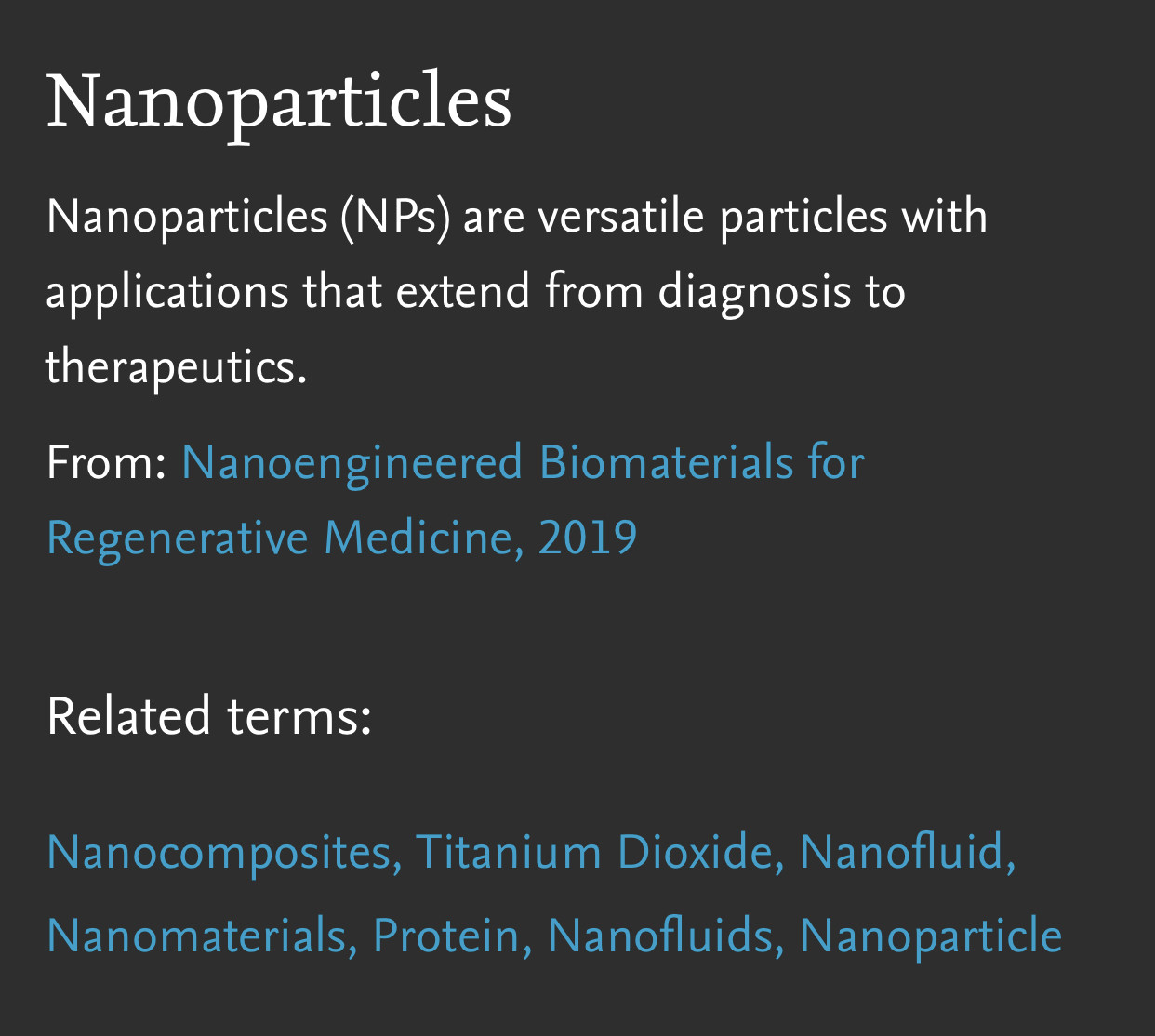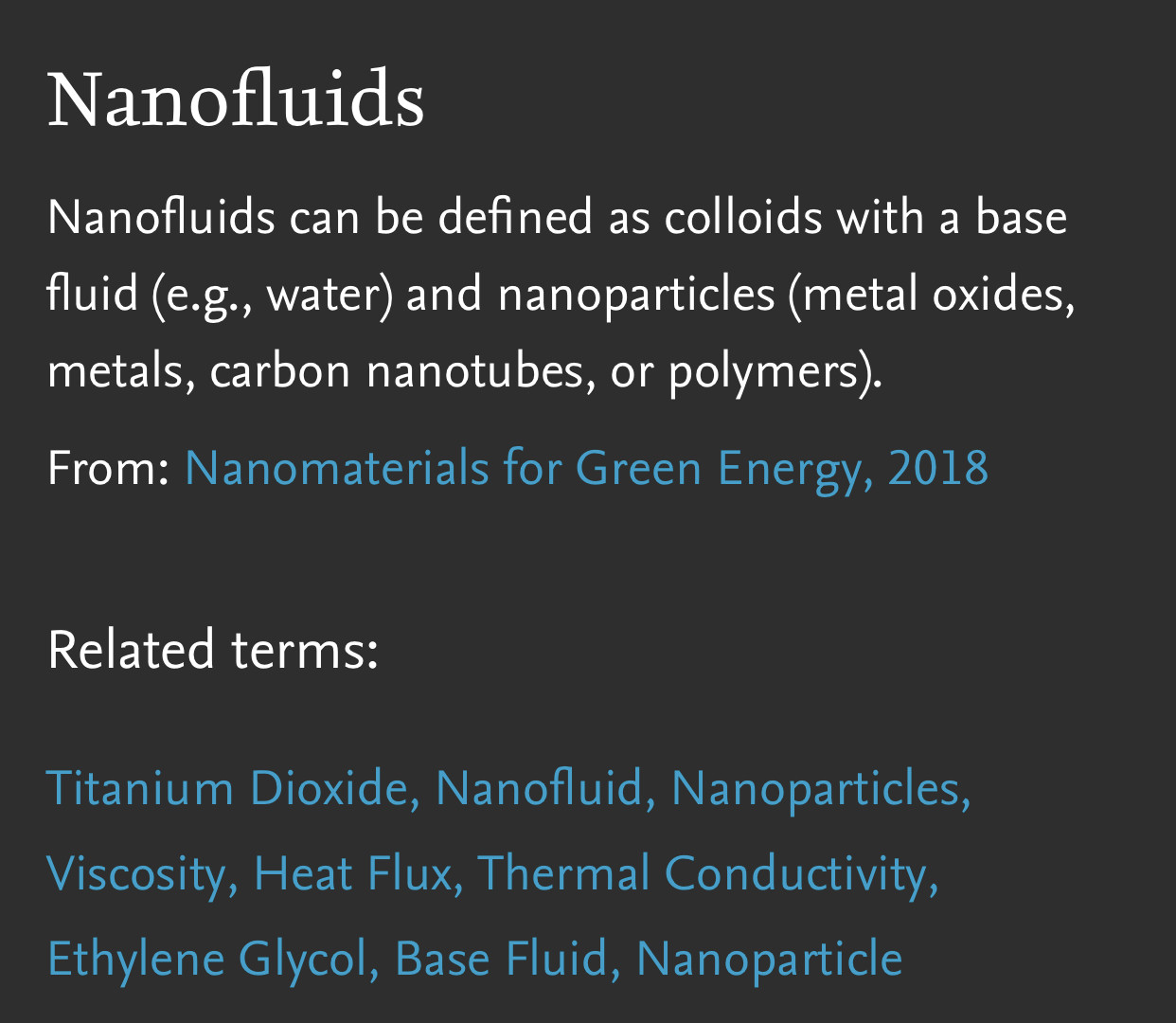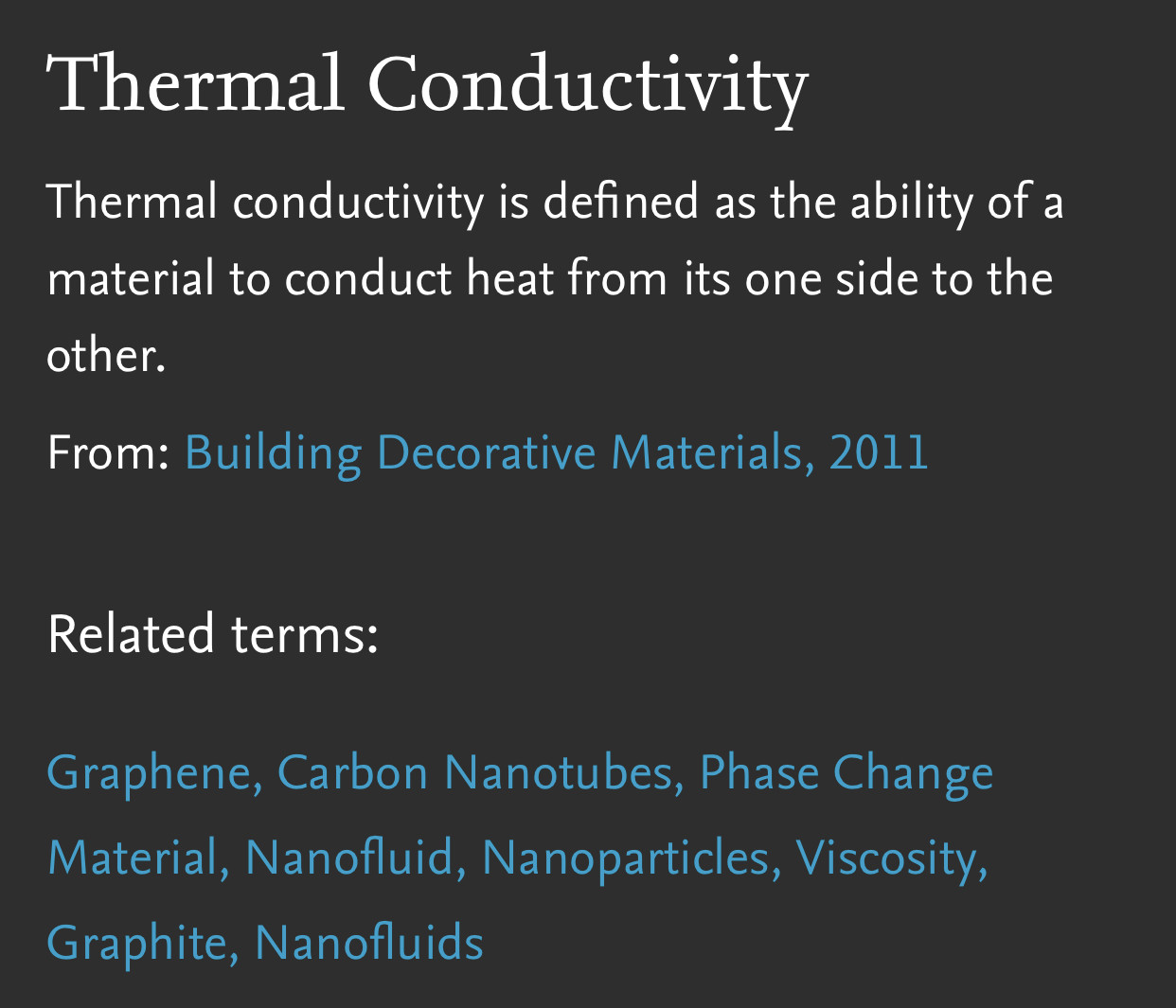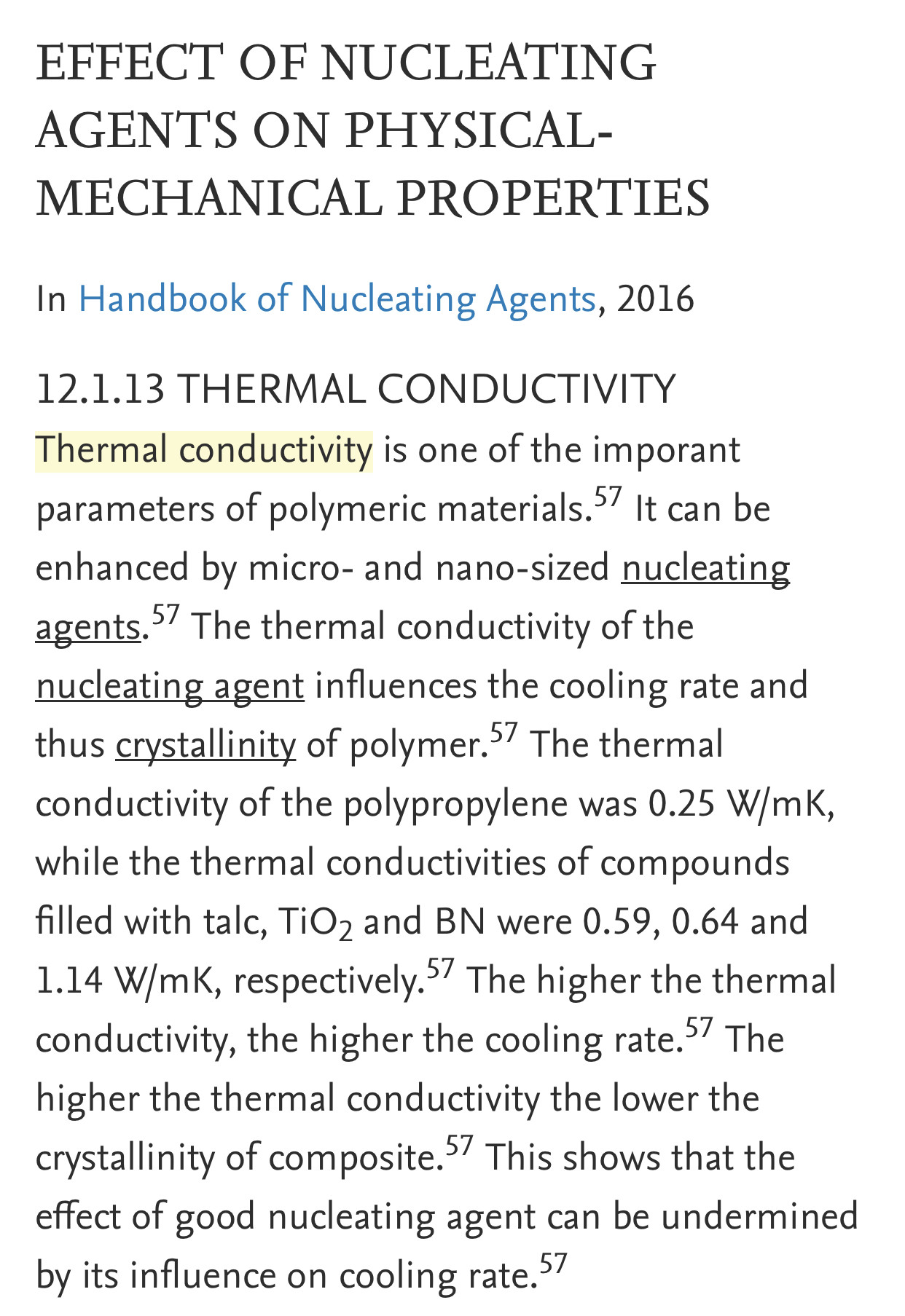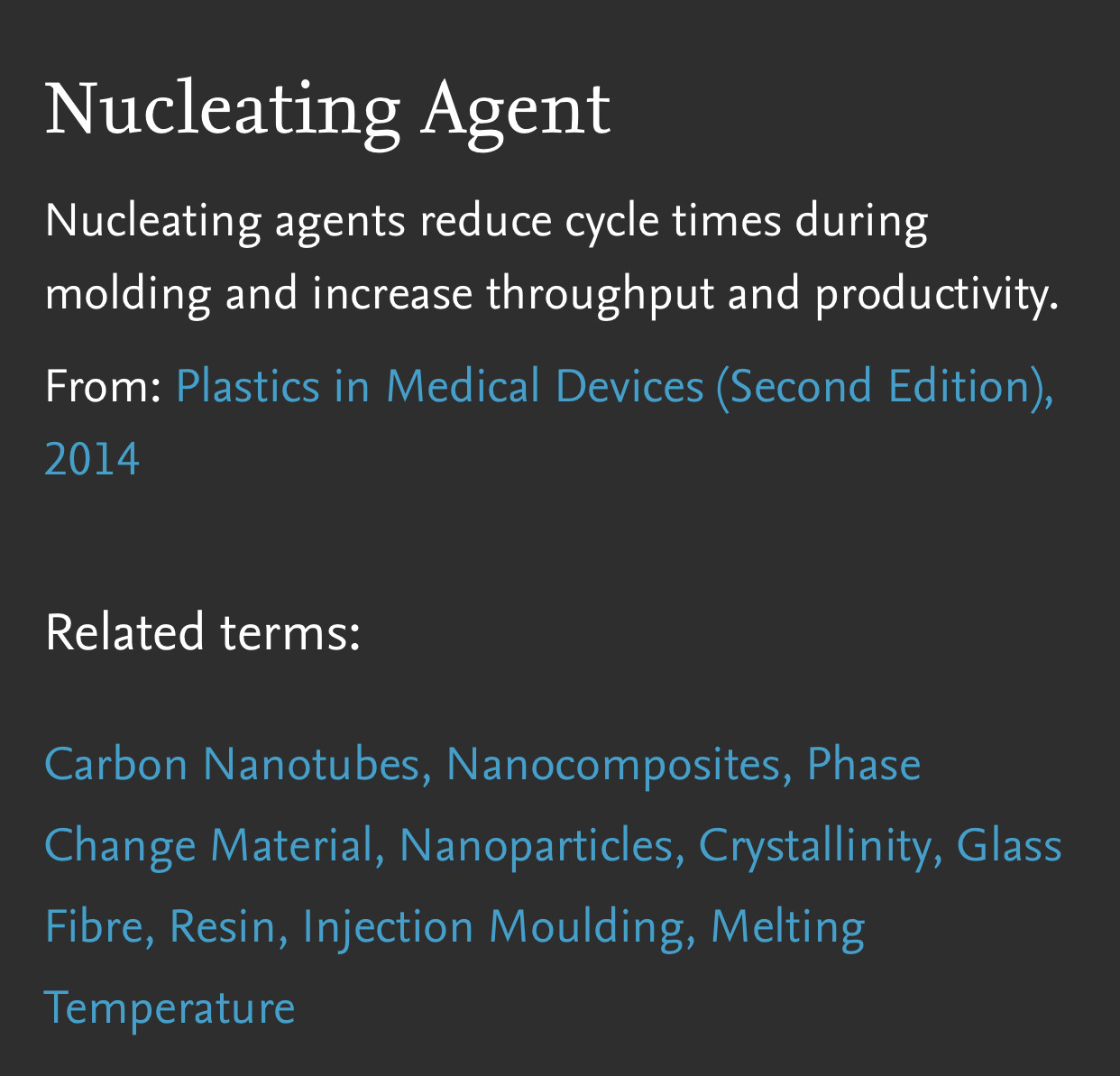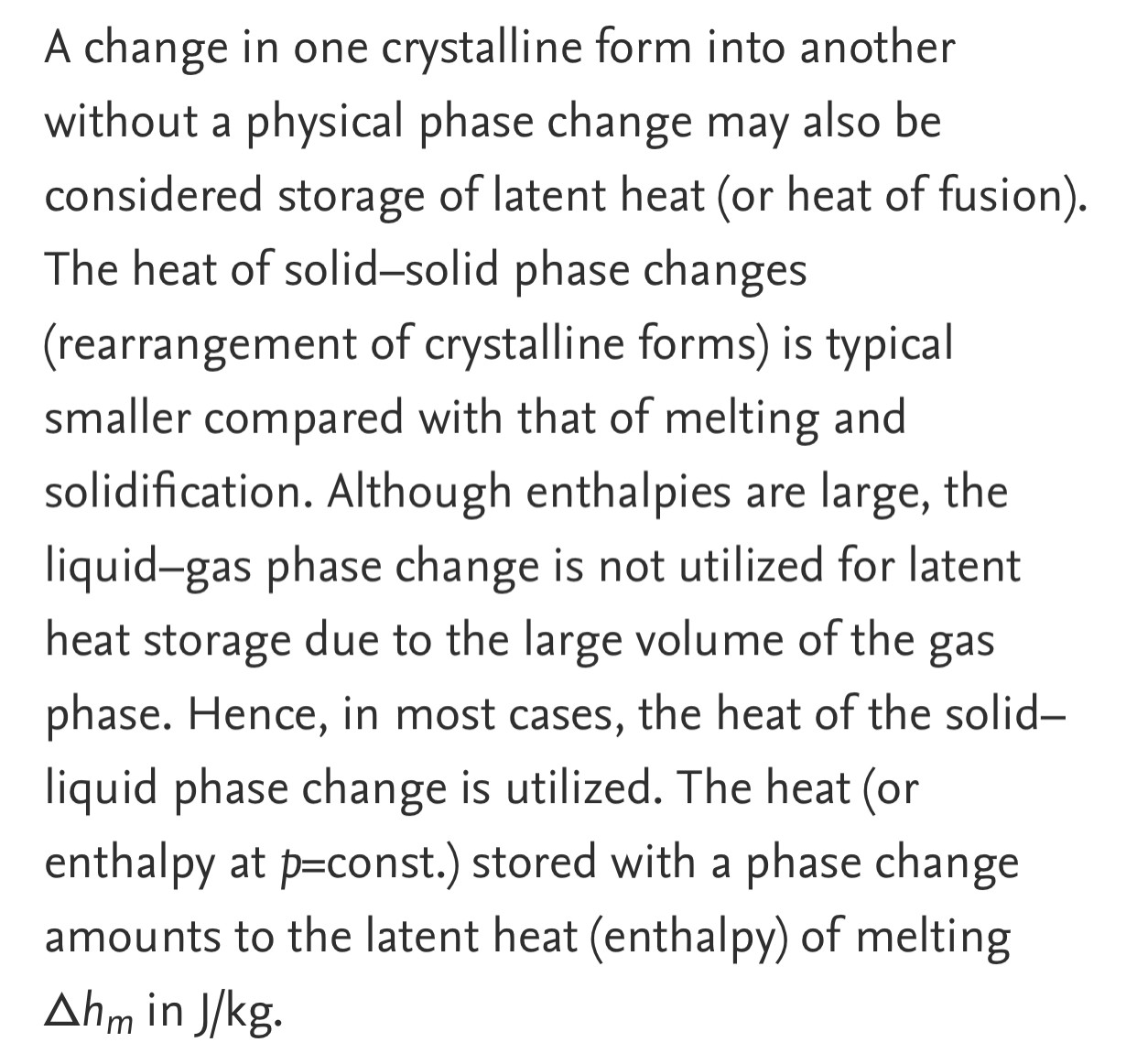Who is that with Andrew? Never forget a face but just.can’t.place.it.
oh, and i meant @ Not theMacAnon? Yes?
Throughout his career, Evelyn de Rothschild has been actively involved in a number of other organisations in both the private and public sectors and has held the following business positions:
Chairman - The Economist (1972–1989)
Chairman - British Merchant Banking & Securities House Association (1985–1989)
Deputy Chairman - Milton Keynes Development Corporation (1971–1984)
Chairman - United Racecourses (1977–1994)
Director - De Beers Consolidated Mines (1977–1994)
Director - IBM United Kingdom Holdings Limited (1972–1995)
Evelyn de Rothschild also served as a Director of the newspaper group owned by Lord Beaverbrook. Years later, he served for a time as a Director of Lord Black's Daily Telegraph newspaper. An owner of thoroughbred racehorses, he is a former chairman of United Racecourses.
In 1967 Sir Evelyn created the Eranda Foundation to support social welfare, promote the arts and to encourage research into medicine and education.
Sir Evelyn serves as Queen Elizabeth II's financial adviser[citation needed]. He has been a Governor of the London School of Economics and Political Science as well as an active patron of the arts and supporter of a number of charities.
The Rothschilds were reported to have spent a night of their honeymoon at the Clinton White House. Indeed, Lady de Rothschild was so involved with Hillary’s presidential campaign that she had little time to devote to R Chocolate.
lend
/lɛnd/
1.
grant to (someone) the use of (something) on the understanding that it will be returned.
loan
give someone the loan of
let someone use
let someone have the use of
advance
sub
Opposite:
borrow
withhold
allow (a person or organization) the use of (a sum of money) under an agreement to pay it back later, typically with interest.
"no one would lend him the money"
gerund or present participle: lending
A LENDING
ding
/dɪŋ/
verb
verb: ding; 3rd person present: dings; past tense: dinged; past participle: dinged; gerund or present participle: dinging
make a ringing sound.
"cash registers were dinging softly"
exclamation: ding
used to imitate a metallic ringing sound resembling a bell.
sound
/saʊnd/
Origin
Middle English soun, from Anglo-Norman French soun (noun), suner (verb), from Latin sonus . The form with -d was established in the 16th century.
sonus
conditional of soni
Ido
Verb
sonus
conditional of sonar
Latin
Etymology
From sonō (“make a noise, sound”).
Keywords
Ultrasound Sonocrystallization Sonofragmentation Sonochemistry Cavitation Nucleation
An economic bubble is a situation in which asset prices are much higher than the underlying fundamentals can reasonably justify. Bubbles are sometimes caused by unlikely and overly optimistic projections about the future. It could also be described as prices which strongly exceed the asset's intrinsic value.
Bubbles are sometimes referred to as a speculative bubble, a financial bubble, or a speculative mania.
In the early stages of a bubble, many investors do not notice the bubble for what it is. People notice the prices are going up and often think it is justified. Therefore bubbles are often conclusively identified only in retrospect, after the bubble has already popped and prices have crashed.
late Middle English: from Latin depressio(n- ), from deprimere ‘press down’ (see depress).
compression
/kəmˈprɛʃ(ə)n/
noun: compression; plural noun: compressions
the action of compressing or being compressed.
the reduction in volume (causing an increase in pressure) of the fuel mixture in an internal combustion engine before ignition.
Origin
late Middle English: via Old French from Latin compressio(n- ), from comprimere ‘press together’ (see compress).
Compression- a region in a longitudinal (sound) wave where the particles are closest together. Rarefaction- a region in a longitudinal (sound) wave where the particles are furthest apart.
Because of the longitudinal motion of the air particles, there are regions in the air where the air particles are compressed together and other regions where the air particles are spread apart. These regions are known as compressions and rarefactions respectively.
Piezomagnetism is a phenomenon observed in some antiferromagnetic and ferrimagnetic crystals. It is characterized by a linear coupling between the system's magnetic polarization and mechanical strain. In a piezomagnetic material, one may induce a spontaneous magnetic moment by applying physical stress, or a physical deformation by applying a magnetic field.
https://youtu.be/bacBKKgc4Uo
Commercial banks create money, in the form of bank deposits, by making new loans. When a bank makes a loan, for example to someone taking out a mortgage to buy a house, it does not typically do so by giving them thousands of pounds worth of banknotes. Instead, it credits their bank account with a bank deposit of the size of the mortgage. At that moment, new money is created. For this reason, some economists have referred to bank deposits as ‘fountain pen money’, created at the stroke of bankers’ pens when they approve loans.(1)
Stanley Johnson, 80, has “what the French would call a préjugé favorable towards China” and considers it “vital at this moment that we speak face to face”, especially in the run-up to COP26. “It is such a large country that if China doesn’t meet [net zero by] 2050, it’s hard to see how the world does.”
Max Johnson, 36, the youngest of Stanley’s six children, who was...
An echo is a sound that is repeated because the sound waves are reflected back. Sound waves can bounce off smooth, hard objects in the same way as a rubber ball bounces off the ground. ... That is why echoes can be heard in a canyon, cave, or mountain range.
With climate change, extreme heat events are on the rise.

